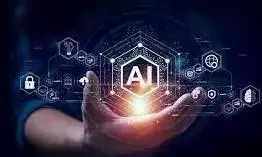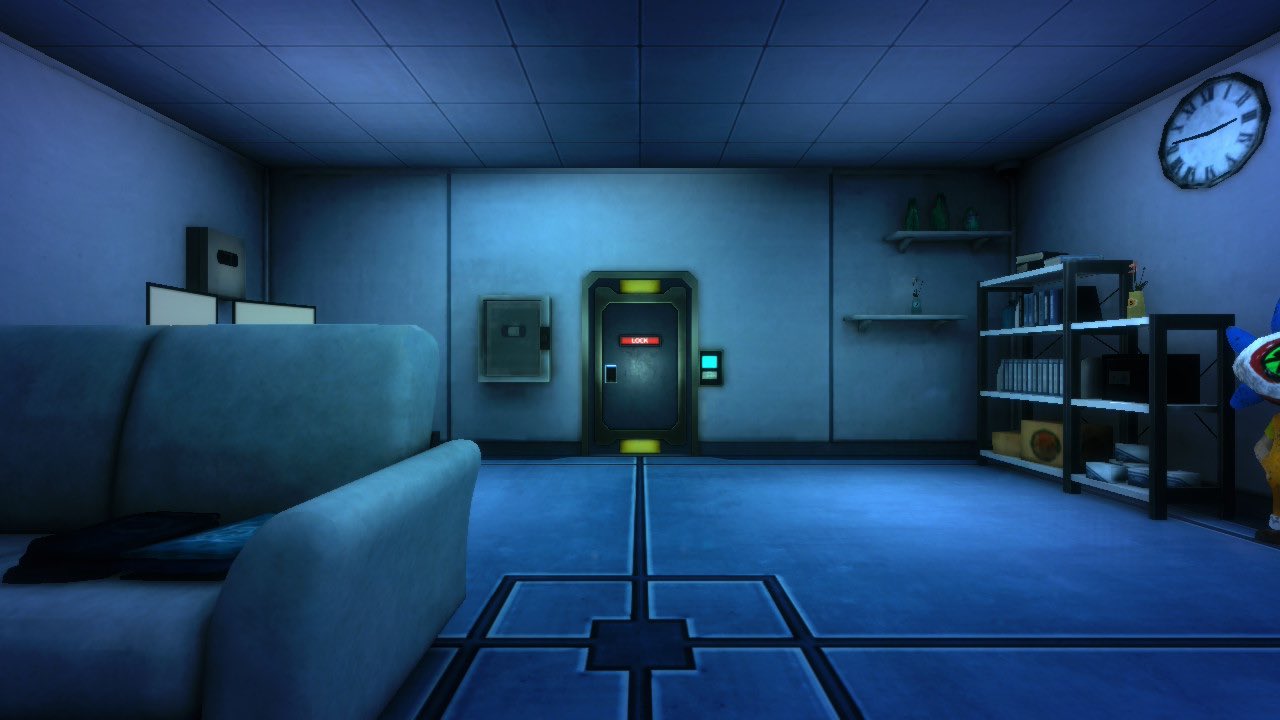By K.M.P. PATNAIK
Copyright deccanchronicle

Visakhapatnam: Artificial Intelligence will be a game changer for the construction industry. It will have the potential to reduce costs, shorten construction time and evolve best methods for safety and maintenance.This was extensively discussed at the three day annual convention of the Confederation of Real Estate Developers’ Associations of India (Credai) – held in Singapore from September 11 to 13. The event brought together real estate stakeholders for “ideas exchange, best practices sharing and discussions on the industry’s future,” said the president of the Visakhapatnam unit of Credai E. Ashok Kumar. Kumar, who was present along with 18 other delegates at the meeting, told Deccan Chronicle on Tuesday that experts opined that AI in the construction industry improved efficiency by automating repetitive tasks, enhancing safety and quality control through real-time monitoring, and optimizing resource allocation and project planning with predictive analytics. AI tools also reduce waste and costs by enabling more accurate cost estimation, streamlining workflows and allowing for the use of sustainable materials. AI has the potential to cut construction costs by 20 to 25 per cent and shorten construction timelines by 40 to 50 per cent for skyscrapers and high-rise buildings and minimize delays. Prof D. Mukund, head of department of civil engineering in a private university in Visakhapatnam, said AI’s potential benefits in construction stem largely from automation, the ability to complete repetitive tasks faster and more accurately –which, in turn, helps increase efficiency, lower costs and improve worker safety. He said, “Construction firms use AI to predict safety risk, similar to the way the weather bureau forecasts storms. For instance, an AI algorithm can monitor the health of jobsite equipment, detect problems, and recommend maintenance, with the goal of protecting workers and avoiding project delays. By harnessing computer vision equipment, AI can analyze video from onsite cameras to spot hazardous conditions or unsafe practices, such as failure to wear protective gear or safely operate machines. AI can help make project planning both faster and more precise. An example: through real-time analysis of past and current project portfolios, AI tools can evaluate multiple schedule scenarios, detailing resources and costs to guide decision-making. AI can be used to enhance design iteration in a similar way, quickly producing various designs and their cost estimates. Project teams can request design alternatives based on cost, energy efficiency, a building’s structural strength, and other key criteria. He said AI-powered 3D models analyze these factors along with mechanical, electrical and plumbing plans, plus the sequence of project work, to help increase work quality while saving money.



